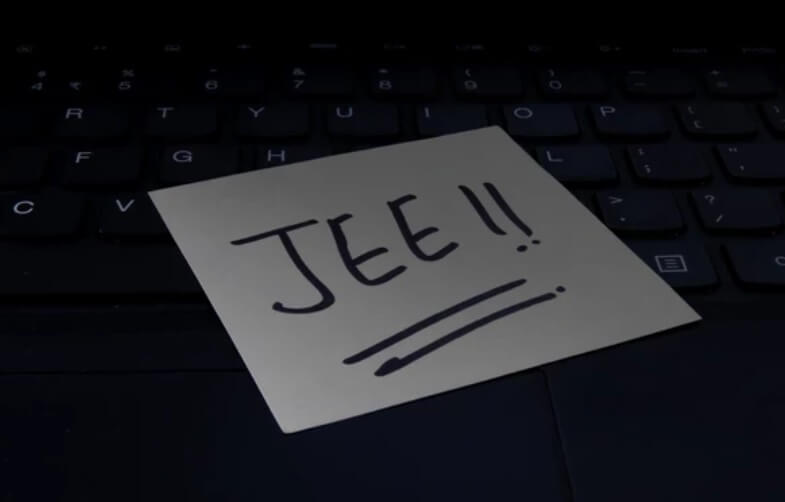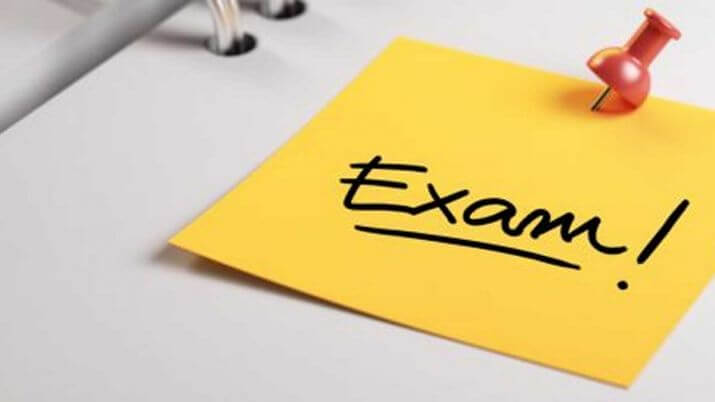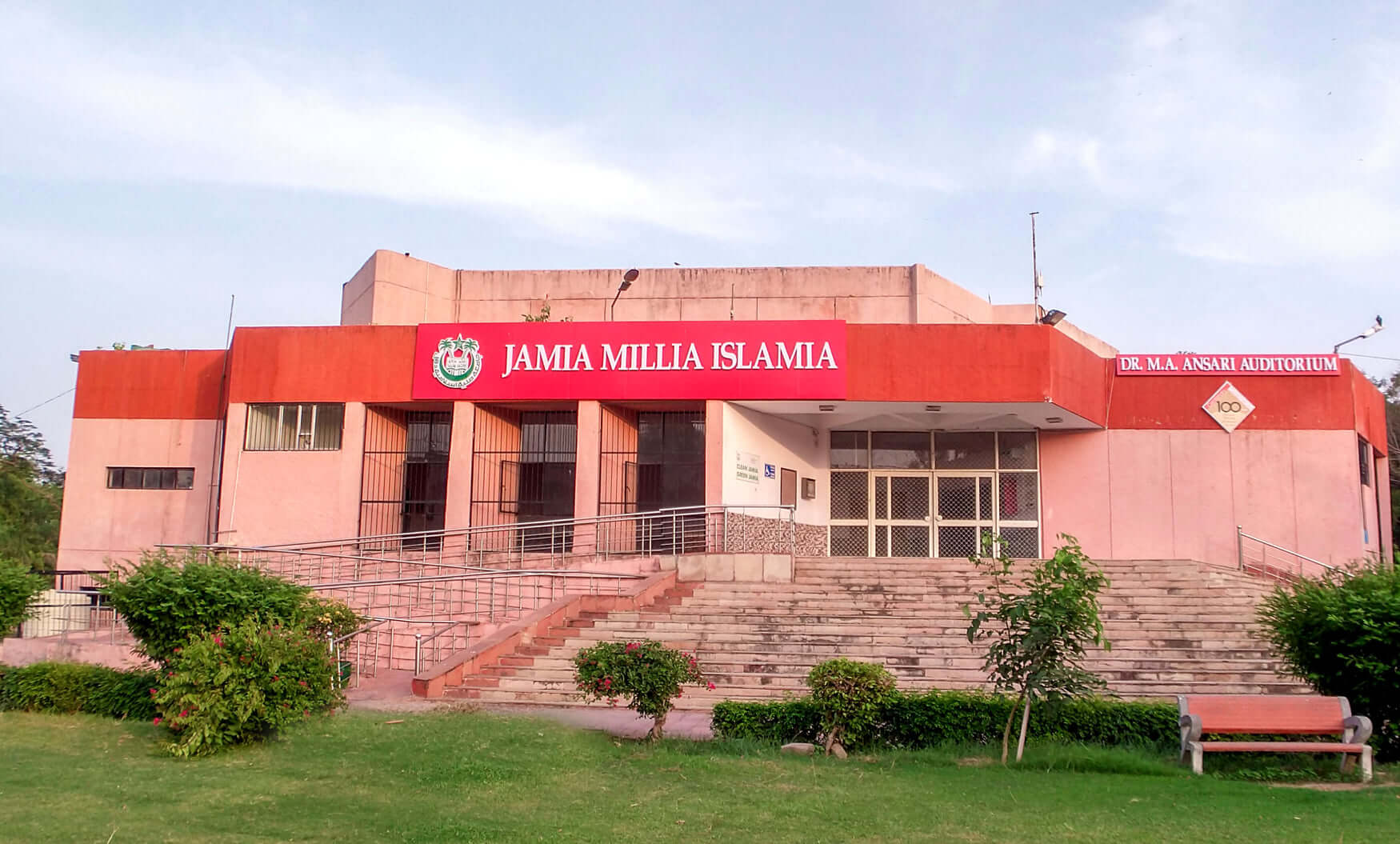CBSE mandates cameras in schools, cites safety as top priority
Tue 22 Jul 2025, 01:07:36

In many schools today, the need to make learning spaces safer is being taken more seriously than ever. Safety is no longer limited to fire drills or locked gates. Now, it includes the use of CCTV cameras, quiet machines.
CBSE's recent guidelines have asked schools to place cameras at key locations: school entrances, exits, corridors, labs, and classrooms.
Toilets and washrooms remain off-limits for obvious privacy reasons. These are not suggestions.
The cameras are part of new rules that aim to keep students safe from threats that are harder to see, bullying, abuse, or even emotional distress.
The cameras are not there just to record wrongdoing. Once installed, the recordings must be stored for at least 15 days. That time frame allows room for complaints to surface and for facts to be checked, if needed.
Schools are also being asked by CBSE to maintain and monitor the cameras
regularly.
regularly.
A broken device is of no use when something goes wrong.
There was a time when parents left their children at school with full trust. But things are changing. Families today want assurance.
Not everyone agrees with the rise of surveillance in schools. Some believe it sends the wrong message, that students are being watched, not trusted.
Others say it could affect the natural behaviour of children and teachers alike. But most agree that when safety is at stake, the benefits of prevention often outweigh the concerns.
In the end, schools are adapting. They are being asked to do more by CBSE, not just to educate, but to protect.
With cameras now part of the learning environment, the job of the school has grown.
It is not just about lessons and exams. It is also about making sure that every child gets to learn in peace, and that help is available when things go wrong.
No Comments For This Post, Be first to write a Comment.
Most viewed from Edu and Jobs
AIMIM News
Latest Urdu News
Most Viewed
May 26, 2020
Should there be an India-Pakistan cricket match or not?
Latest Videos View All
Like Us
Home
About Us
Advertise With Us
All Polls
Epaper Archives
Privacy Policy
Contact Us
Download Etemaad App
© 2026 Etemaad Daily News, All Rights Reserved.





.jpg)



















.jpg)
.jpg)
.jpg)


